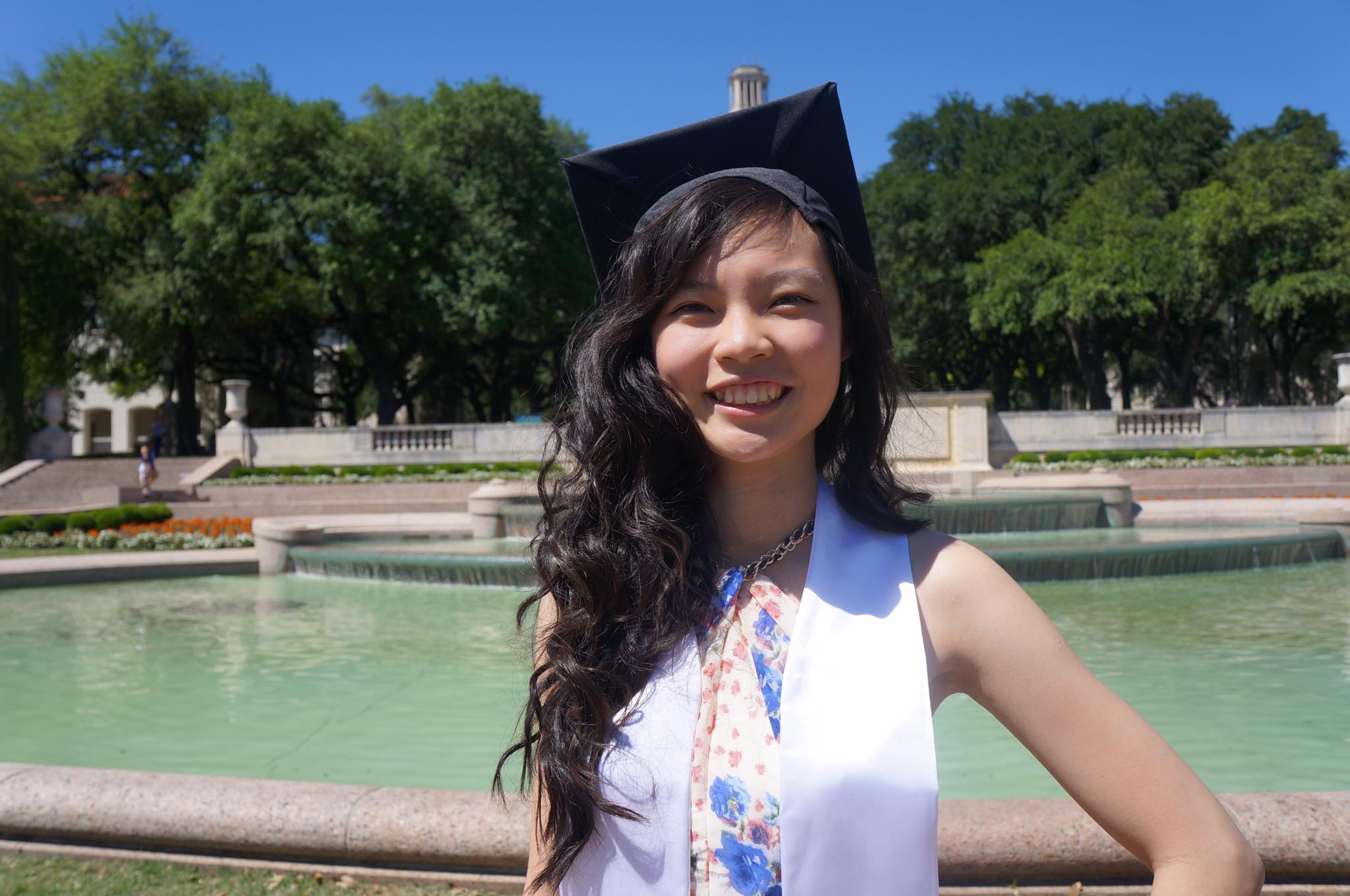Posted on June 24, 2021 by Amanda Cerreto
June 25, 2021 — As a student entering the Ph.D. in Psychology program at UTSA two years ago, Quyen A. Do had a significant amount of experience under her belt. She had two degrees, teaching and counseling experience, and a head start on research. Still, she knew she didn't know it all - and wanted to find a mentor who would allow her to explore what academia has to offer.
 Assistant Professor
Shelby Scott
was that mentor for Do. "When I first met Dr. Scott, I asked her for permission to ask stupid questions," Do recalled. "It opened up the space for me to ask about anything I might not know about without feeling restricted."
Assistant Professor
Shelby Scott
was that mentor for Do. "When I first met Dr. Scott, I asked her for permission to ask stupid questions," Do recalled. "It opened up the space for me to ask about anything I might not know about without feeling restricted."
This open line of communication was especially important for Do because of her background and curious nature, and her willingness to learn and explore new things. Do arrived in the United States as an international student at the age of 15, with no guidance on how to navigate the academic world. In high school, she was able to learn about psychology - an option that was not readily available in her home country of Vietnam due to cultural stigmas associated with the field. “I was really fascinated by the study of the human mind,” Do said. “So, I decided to just pursue it and went all the way.”
“[Dr. Scott] opened up the space for me to ask about anything I might not know about without feeling restricted.”
Before entering the doctoral program for Psychology at UTSA, Do earned her BA in psychology and her M.Ed in counselor education at the University of Texas at Austin. Now, she serves as a graduate research assistant, working with several members of HCaP faculty, and is the project director for the PRIDE Family Studies Lab under Dr. Scott.
Do is working in several labs currently, pursuing her research interests of trauma and interpersonal violence in marginalized communities. Her current projects involve human trafficking, Asian racial trauma during COVID, healthcare experiences of Asian women, and intimate partner violence. Conducting both quantitative and qualitative research, her research projects are taking shape and she recently published her first study in a top-tier academic journal.
 Her research work earned her a competitive grant sponsored by the
Association of Behavioral and Cognitive Therapies
(ABCT). Each year, ABCT awards $1,000 to a graduate student to support their thesis/dissertation project. Do will receive the funding for her project on intimate partner violence (IPV) among sexual minority individuals in consensual, non-monogamous relationships. Do believes that results from this research can inform clinical guidelines for the development of effective IPV assessments and interventions for this underserved population.
Her research work earned her a competitive grant sponsored by the
Association of Behavioral and Cognitive Therapies
(ABCT). Each year, ABCT awards $1,000 to a graduate student to support their thesis/dissertation project. Do will receive the funding for her project on intimate partner violence (IPV) among sexual minority individuals in consensual, non-monogamous relationships. Do believes that results from this research can inform clinical guidelines for the development of effective IPV assessments and interventions for this underserved population.
Do has enjoyed her experience at UTSA and is glad she was able to pursue her passion in a place that supports her. “The faculty members have been very supportive of me, and the administrative staff are always willing to help me with the logistic side of research,” Do said. “My advisor, Dr. Scott, is just amazing. She takes the time to learn about me, and motivates me throughout my professional growth.”
It was Scott who first encouraged Do to apply for the research grant, and although Do was pleasantly surprised to receive it, Scott never had a doubt. “I am incredibly proud of Quyen and so grateful to have her as my graduate student,” Scott said. “Her research is important and will contribute greatly to our field. I'm excited that her ideas have been recognized by this funding and look forward to working with her on her project.”
Do encourages anyone interested in the field of psychology to pursue it, stating that she has been able to accomplish things she never dreamed she could do. “Find a mentor that is compatible with you, and who is supportive,” she suggests. And then, she adds, do not be afraid to ask stupid questions.
“I think sometimes we (graduate and doctoral students) are afraid of asking questions that seem stupid because there is this gnawing feeling that we should know everything already,” she said. “We don't have to assume that we're supposed to know everything. Ask the stupid questions.”

